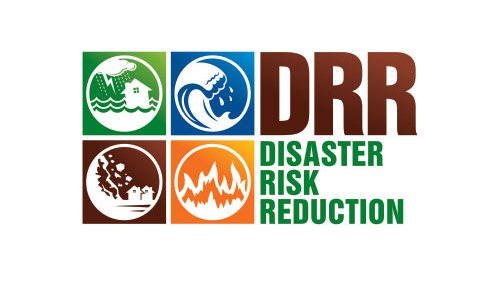
London - Disaster Risk Reduction in Emergencies
5-day course will take place at RedR UK, in London from 1st to 5th august 2016
The focus of this course is the disaster risk reduction in emergency situations. Every year natural and human-made emergencies increase considerably. Phenomena like floods, earthquakes and droughts can provoke heavy and dangerous consequences to environment and mankind.
If natural hazards cannot be foreseen, human-made disasters can be prevented. That is why is very important to know the causes and to understand how avoid repercussions on us and on the environment.
The aim of this course is to impart good practices in the stage of disaster risk management cycle and how to use terminology and approach to effective DRR correctly.
Lectures will also cover a selection of global DRR documents and frameworks, (for example, the United National-endorsed Hyogo Framework for Action and ISDR system).
Focus of this course:
– Terms and concepts on basic disaster management;
– Hyogo Framework;
– CBDRM (Community Based Disaster Risk Management) Framework for DRR;
– Introduction to hazard, vulnerability and capacity assessment (HVCA);
– Introduction to community participatory tools and techniques;
– Organizing and conducting a participatory risk assessment;
– Planning DRR strategies appropriate to the context;
– Monitoring and evaluating the impact of DRR strategies;
– How to incorporate DRR into various humanitarian sectors.
By the end of this course, participants will be able to:
– Describe disaster risk management components;
– Understand humanitarian context and principles that inform DRR;
– Identify hazards and vulnerabilities in order to conduct a DRR;
– Understand ways of strengthening the participation of local aid workers;
– Monitor and evaluate risk reduction impacts of programmes.
Lectures are addressed to field practitioner staff of INGOs NGOs, CBOs and government department staff responsible for DRR.
Find further information and instructions here.



